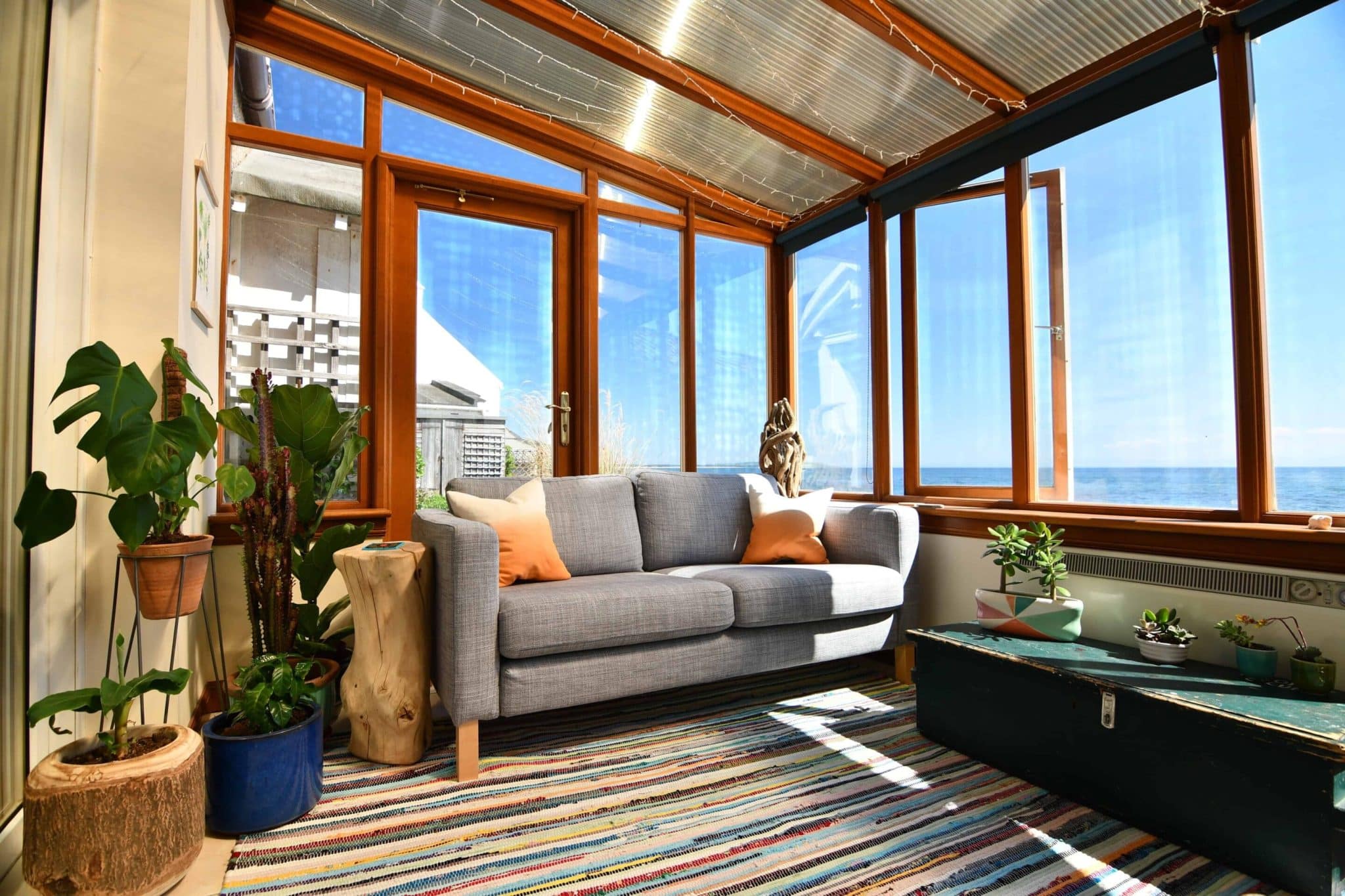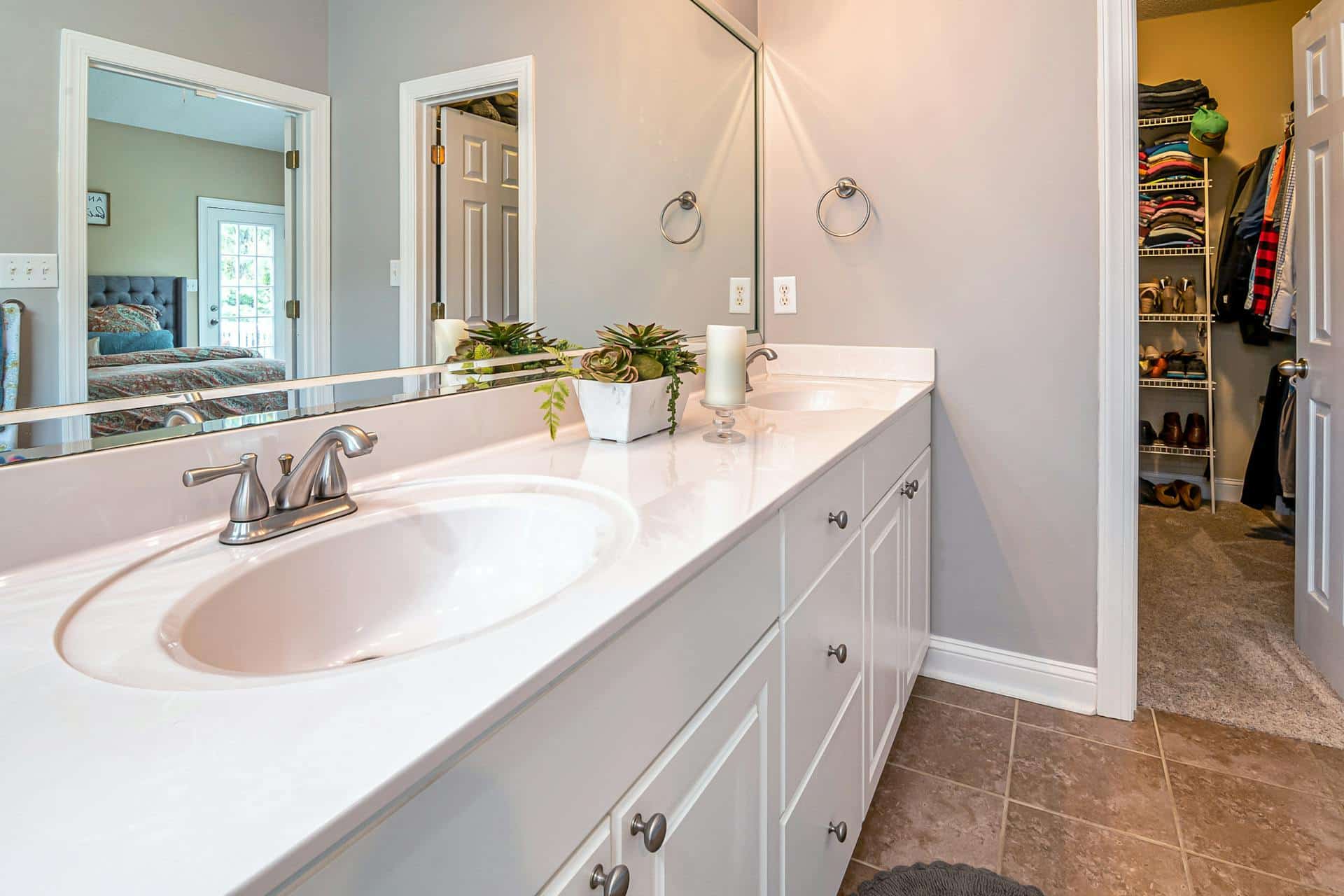Truro, Nova Scotia, is a historic town near the head of the Bay of Fundy. It has a beautiful setting, but the Maritime climate can be harsh. Homeowners here have to deal with everything from high humidity in the summer and frequent rains on the coast to harsh winter storms and freezing winds. The old, inefficient window is almost always the weakest link in a home’s thermal defense in this unusual setting.
Choosing the right glazing is very important for people who want to make their homes more comfortable, lower their energy bills, and keep them safe from the constant moisture and big changes in temperature. When you upgrade the windows in your Truro home, you need to think about more than just how they look. You need to think about performance features that will help you deal with the problems that the Nova Scotian weather brings.
The Double Threat: Cold and Moisture
The maritime climate is bad for regular windows in two ways: long, cold winters cause a lot of heat loss, and condensation happens all the time when humid air inside meets cold glass surfaces. This condensation isn’t just a pain; if it keeps happening, it can cause mold to grow, wood frames to rot, and window seals to fail too soon.
To fight this, look for windows that meet or exceed Canada’s ENERGY STAR® standards for its climate zones. Truro’s most important features are:
Low U-Factor: This tells you how quickly heat escapes. The better the insulation, the lower the number. For this area, double-pane windows with high-performance features are enough. However, triple-pane glass is better at keeping heat in and is often the best long-term investment against heat loss and extreme cold.
Low-E Glass Coatings: You can’t change these coatings. They reflect heat, keeping it inside in the winter and outside in the summer. Most importantly, they keep the inside surface of the glass warmer, which makes it much less likely that condensation will form.
Warm-Edge Spacers: These high-tech spacers (made of insulating material that isn’t metal) keep the glass panes apart. They keep the edges of the glass unit from getting cold, which stops condensation from forming and helps keep the seal from breaking.
Frame Choice: Protecting Against Salt Air and Moisture
Because the frames are close to the coast, they need to be able to keep out moisture, rot, and salt-laden air that could cause corrosion.
Vinyl (PVC): High-quality vinyl is a popular and cheap choice in the Maritimes. It doesn’t absorb moisture or rot because it is non-porous, and it doesn’t need much care. For better strength and insulation, look for vinyl with more than one chamber.
Fiberglass is the best option. Fiberglass is very strong, stable against thermal expansion (which keeps seals from breaking), and completely immune to moisture and corrosion. It costs more up front, but its long life and low maintenance costs make it the most cost-effective choice over the long term.
Sliding windows look nice, but they often let in more air than other types of windows. For the best air-tightness against strong Fundy winds, casement windows are the best choice for Truro homes. They crank outward and press tightly against their frame seals.
Installation: The Last Step in Making It Work
If a window is not installed correctly, it can break even if it is the best one. In a place like Truro where there is a lot of moisture, it is very important to flash and seal things correctly. The new window must fit perfectly into the home’s moisture barrier and drainage plane so that rain and condensation don’t get into the wall cavity.
When you plan your Truro home windows project, always choose a local installer who is trustworthy, knows about Maritime building science, and will make sure the installation is airtight. The best way to protect your home from the weather is to have a professional install a high-efficiency window. This will save you money on energy bills right away, make your home easier to maintain, and make it a much more comfortable place to live all year long.








